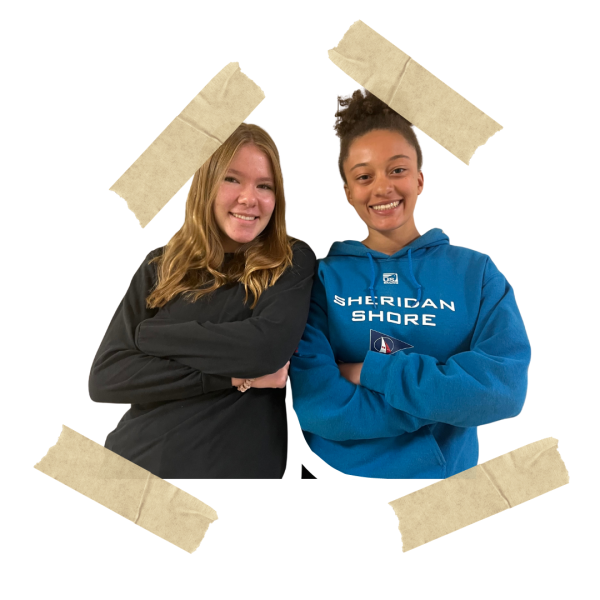Self-organized activities should be just as important as school-organized activities
April 26, 2019
It’s fourth quarter and summer’s on the horizon. For some of us, college will immediately follow. But for others, college is still quite far into the future. Summer will be a time for opportunity, to get involved, and in turn hopefully beef up our college applications. Much of that will involve taking part in a community-organized activity, something organized by adults primarily. Otherwise, it wouldn’t be that valid, right?
That’s the idea, but is it sound? Sure, there are plenty of clubs and activities here at ETHS. But those aren’t necessarily the only option. There are plenty of other things to do, such as getting into a new hobby, but those may not be school-sponsored. And we are encouraged, even sometimes required, to partake in school-sponsored activities. The reason why are understandable: schools can keep one accountable for their activities. There’s no chance for falsifying service hours when a trustworthy adult is signing the papers to confirm that you actually did participate.
But as extensive as clubs and activities are at ETHS, they aren’t for everyone. There may be individuals who don’t find their interests or hobbies manifesting in a club. They may be antisocial or they may just prefer expanding their hobbies or discovering new things on their own, making their own schedules without needing to worry about when a club is meeting, where it’s meeting, or who will be attending said meetings.
There is one big issue when it comes to “individually organized” activities, and that is accountability. Not only are there limited methods of verifying such activities, but it is difficult to even determine how to measure progress that isn’t recorded in a numerical format, such as service hours. For a photographer, is it measured by how many photos they take? For an artist, the amount of brushstrokes applied to a painting? These questions are difficult to answer. With school-organized activities, it’s far easier to measure and verify these hours.
But as great as clubs are, a student may feel pressured to join clubs, while hobbies, being self-organized, create no pressure for someone to join. Without the need for accountability, or “reporting” to someone your progress, the pressure is lessened.
Having no pressure doesn’t necessarily mean that somebody won’t be committed to an activity. There’s a saying that things are fun unless you have to do them: if you’re bound by restrictions of needing to attend a club meeting, that takes away from the fun of a hobby. Obligations create stress, plain and simple.
Above all, there is no doubt that extra-curricular activities strengthen one’s college application. But so does authenticity, which is less about how many service hours one had than whether they partook in them to help their community, or just to put them on a college application. Piling on random extracurriculars and maintaining good grades while doing so may show that you can manage a lot of activities, but it doesn’t necessarily show consistency. Keeping up with one activity for years means consistency and commitment: not that you’re just piling on activities to look more attractive on an application.
Hopefully college admissions staff will take the time needed to not only closely examine our applications, but also weigh quality over quantity in terms of activities. An activity that actively contributes to the community and has been “your thing” for the past few years should carry more weight than five random activities that you have no interest in and have only been put on your application so you can look better. What we truly enjoy is what should define us, and we should keep it that way.



















